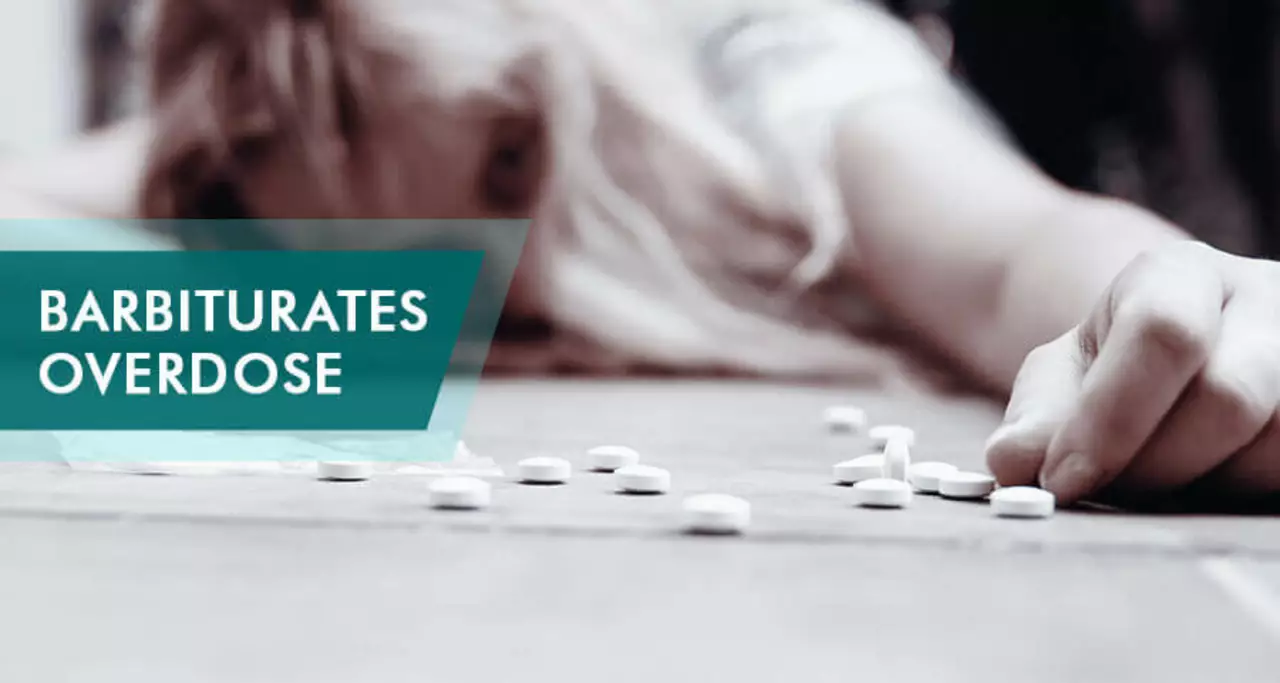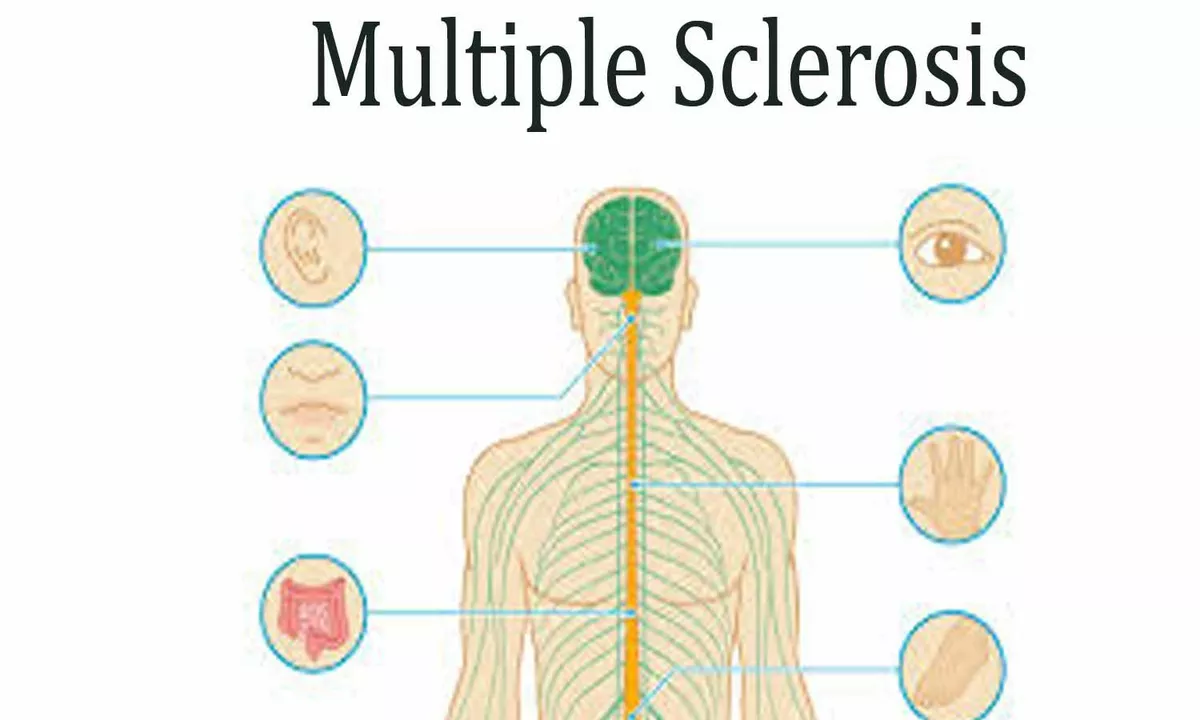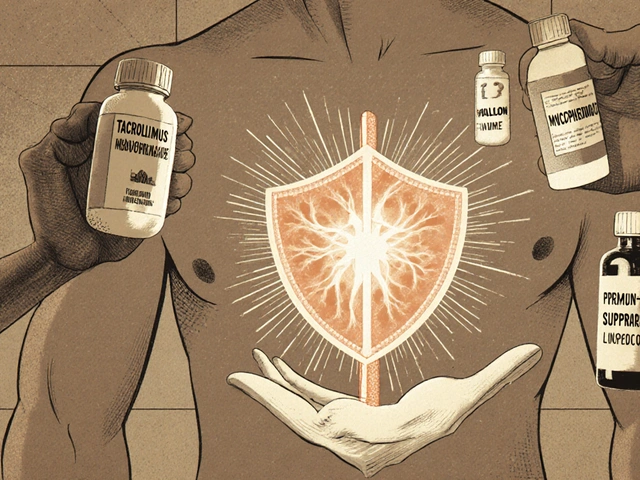Symptoms: Quick Help, Causes, and When to Seek Care
Ever felt a symptom and had no clue whether to worry? A headache, shortness of breath, or a new rash can range from nothing serious to something that needs prompt treatment. This tag page groups our best practical guides on symptoms — what usually causes them, how long to wait, and clear signs that mean you should get help now.
We aim for useful, no-fluff advice. Each article under this tag breaks symptoms down into plain steps: common causes, what the symptom usually looks like, simple home care you can try, and the 'red flag' signs that mean call your doctor or head to the emergency room. You’ll also find drug interactions, side-effect notes, and safe alternatives when medication plays a role in the symptom.
Examples you’ll find here: the emphysema piece explains why breathlessness worsens and how to spot dangerous decline; our Primatene Mist article covers wheeze and asthma-like symptoms and when OTC inhalers are appropriate; the Desonide post shows how to tell steroid-responsive rashes from infections. Those are real, practical reads — not long medical essays.
How to use these symptom guides
Start by matching your main symptom to the article title. Read the short list of common causes first. If multiple causes fit, check the timeline section: when symptoms started and whether they’ve changed. Look for the red-flag bullets — they’re the quickest way to decide if you need urgent care. Each guide also lists simple first-aid steps you can try at home and clear questions to ask a clinician.
We also include medication notes when relevant. For example, some drugs can cause swelling, dizziness, or digestive troubles. If you’re on medication, check the interaction and side-effect bits before guessing the cause. And if a medication change is needed, the articles point you to alternatives and advise talking with a prescriber rather than stopping treatment suddenly.
When to act: clear signs you shouldn’t ignore
Get emergency care for sudden, severe symptoms: chest pain or pressure, sudden breathlessness, trouble speaking or moving, severe head injury, heavy bleeding, or sudden confusion. For new symptoms that are mild but won’t improve after a few days, make a same-week appointment. If a symptom interferes with daily life, sleep, or work, get medical advice sooner rather than later.
If you’re unsure, call a nurse line or your primary care office and describe the symptom, how it started, and any medications you take. Use the articles here to prepare those notes — it makes the call faster and more useful. Browse the linked posts under this tag to find step-by-step tips for specific symptoms and practical next steps you can act on today.

Valacyclovir Overdose: Symptoms and What to Do
I recently came across some important information about Valacyclovir overdose, and I wanted to share it with you all. Valacyclovir is an antiviral medication used to treat herpes infections, but an overdose can be dangerous. Symptoms of an overdose include extreme dizziness, hallucinations, and even seizures. If you or someone you know is experiencing these symptoms, it's crucial to seek immediate medical attention. Remember, it's always better to be safe than sorry, so don't hesitate to contact a healthcare professional if you're unsure.
Read More
Hypocalcemia in Pregnancy: What to Know and How to Manage It
As a pregnant woman, I recently learned about hypocalcemia, a condition where the body has low calcium levels. It's crucial to be aware of this issue during pregnancy as calcium plays a vital role in both the mother's and baby's health. To manage hypocalcemia, it's recommended to consume calcium-rich foods, such as dairy products, leafy greens, and almonds. Additionally, taking calcium supplements and maintaining regular check-ups with your healthcare provider can help ensure a healthy pregnancy. It's important to keep an eye on our calcium levels to support the well-being of both ourselves and our babies.
Read More
The Connection Between a Burning Sensation and Multiple Sclerosis
In my latest blog post, I explored the connection between a burning sensation and Multiple Sclerosis (MS). It turns out that this uncomfortable symptom is caused by damaged nerves sending wrong signals to the brain, which is quite common in MS patients. This burning sensation, also known as dysesthesia, can be highly distressing and affect a person's quality of life. Fortunately, there are treatments available to help manage this symptom, such as medications and physical therapy. If you or a loved one is experiencing this burning sensation, it's crucial to consult a healthcare professional for proper diagnosis and treatment options.
Read More




